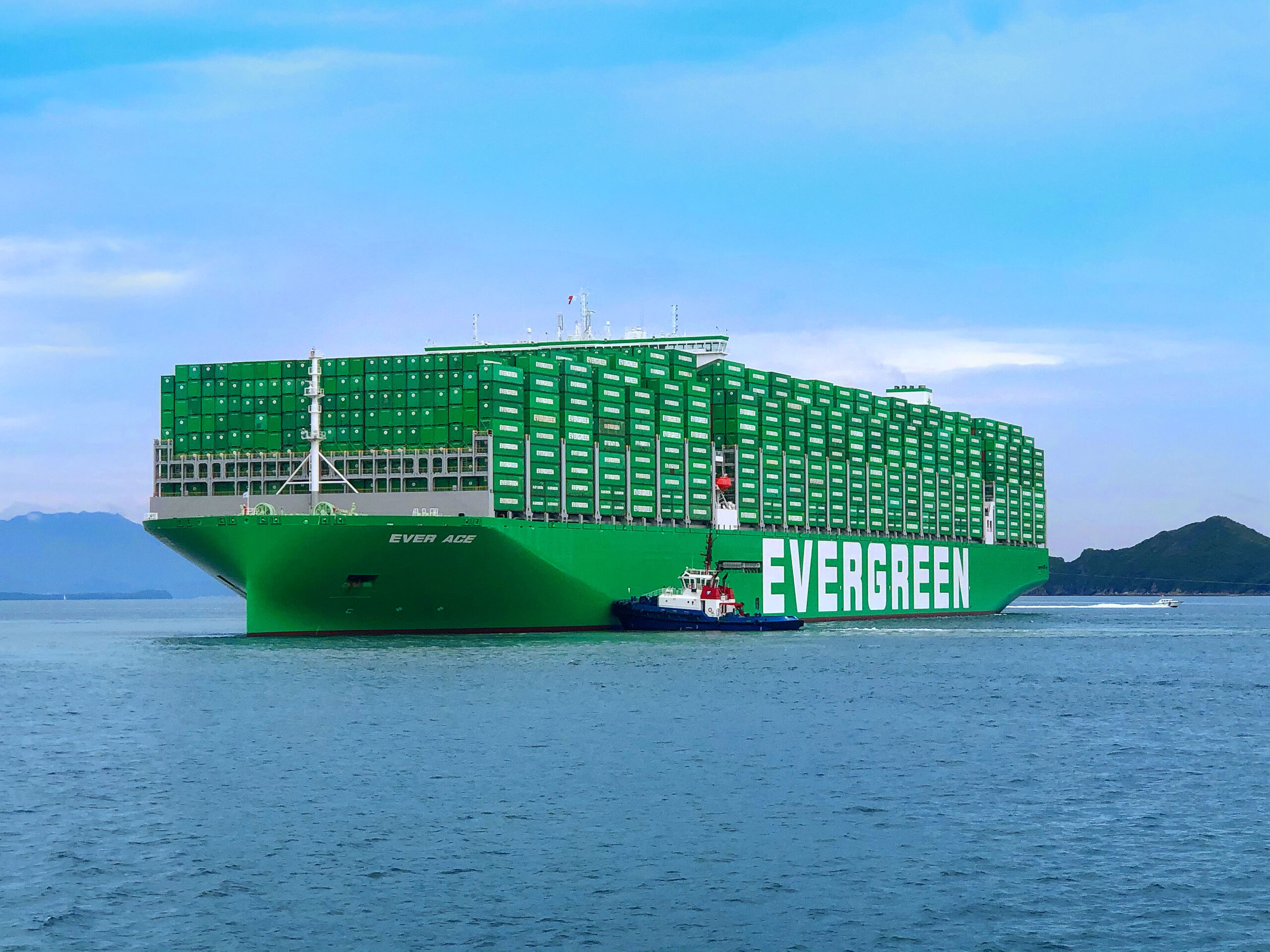Anyone who has never made a mistake has never tried anything new, Albert Einstein once said. We totally agree. In fact, we all have gone through trial and error. At some point, you just need to do things for the very first time. Shipping goods, for example. To all first-time shippers out there, this one is for you: 4 mistakes every first-time shipper should avoid.
1. Choosing the wrong transport solution
There are many transport alternatives to choose from. You can ship your goods by sea, air, road, or rail, and there are also several multimodal transport alternatives. Each transport mode has its own advantages and disadvantages. It is easy to fixate on price only. However, the best solution is always based on your needs. To make the right decision, you need to consider the type of goods you are shipping, to and from which destination, distance, frequency, goods volume, and time frame.
Reading tip: Air freight versus sea freight – when to choose what
Sea freight is beneficial for shipping your goods in a cost-efficient and eco-friendly way. Compared to air and road, ocean is by far the alternative that is the kindest to the environment. Air freight is beneficial for high-value and low-volume shipments. As for speed, it is undoubtedly the fastest way to transport your goods across long distances.
Rail freight offers great flexibility in both pricing and time, not to mention the environmental benefits. Compared to ocean and road, it is very reliable because of its high speed over long distances and fixed routes and schedules. Road freight is the only transport mode that can reach most rural areas, not served by any other transportation, and deliver your goods right at the doorstep. It is a highly flexible transport mode, perfect for shorter distances.
2. Not protecting your cargo well enough during shipment

Did you know roughly 10% of all containerised goods are discarded due to moisture-related damage? To minimise the risk of cargo damage and significant economic losses, preparing and protecting your goods before shipping is crucial. You need to protect your goods by using suitable packaging material and, if you ship your goods inside containers, you need to make sure they are properly equipped and sealed.
Reading tip: How to prevent goods damage during transport
Containers need to withstand strong wind, heavy rainfall, and temperature changes on their journey across land and sea. For example, moisture-sensitive goods may require ventilated containers to remove excess moisture or be equipped with desiccants to prevent moisture build-up. Or, if you are shipping fragile goods, you need to pack them carefully to limit the movement inside the container while in transit.
3. Not labelling your goods correctly
It is your responsibility as a shipper to ensure your goods are labelled correctly. You need to follow regulations, guidelines, and appropriate precautions when preparing your goods for transportation. If not, there is a risk that your shipment will be stopped or that you will have to pay fines. You could also become prohibited from shipping in the future, or, worst case, if you are shipping dangerous goods, they could cause a disastrous situation.
Reading tip: 4 tips on how to ship lithium batteries safely
Depending on the goods, you need different labels. Suppose you are shipping fragile, temperature-sensitive or dangerous goods. In that case, you need specific labels that clearly state this, along with a description of what is being carried as well as handling instructions. Regardless of what you ship, labels should always include the port and country of origin and destination, shipping mark, weight and size, number of items, and international symbols for how to handle the cargo. By correctly labelling your goods, you will ensure that your cargo meets shipping regulations, handling is conducted appropriately, receivers identify your shipment, and that you are complying with environmental and safety standards.
4. Getting caught up in the logistics of logistics
 The movement of goods involves many different parties. There is you – the shipper who is responsible for preparing the goods. There is the consignee or cargo owner responsible for receiving the goods. There is sometimes the notified party (when different from the consignee). There is the agent who acts as a link between the cargo owner and its destination. There are the customs responsible for the goods coming into and out of the country. And there is the carrier responsible for transporting the goods.
The movement of goods involves many different parties. There is you – the shipper who is responsible for preparing the goods. There is the consignee or cargo owner responsible for receiving the goods. There is sometimes the notified party (when different from the consignee). There is the agent who acts as a link between the cargo owner and its destination. There are the customs responsible for the goods coming into and out of the country. And there is the carrier responsible for transporting the goods.
All these parties need to collaborate, and all processes need to work seamlessly together. As a shipper, you are responsible for a lot; preparing, protecting and labelling your cargo, providing all the necessary documentation and permits, and ensuring your shipment complies with rules and regulations.
Reading tip: Improved cargo flow by outsourcing logistics activities
Some shippers feel perfectly confident arranging their own shipment. Others find it intimidating. If you feel like you are getting caught up in the logistics of logistics, so to speak, it is time to seek out the services of a dedicated freight forwarder.
How can a freight forwarder help first-time shippers?
A freight forwarder will streamline your shipping process. They will identify the fastest route and most cost-efficient shipping solution for you. They usually offer various logistics services to move your cargo to its final destination efficiently, and they commit large volumes with shipping lines making their rates very competitive. A dedicated freight forwarder is also knowledgeable in international trade regulations and handles all of the documentation on your behalf, simplifying your entire shipping process. Using a freight forwarder to ship your cargo is likely to be the most advantageous in terms of cost, time and peace of mind.
I hope this article helped you in your journey towards your first shipment. However, if you feel like you need help from a dedicated expert, don’t hesitate to contact us.




